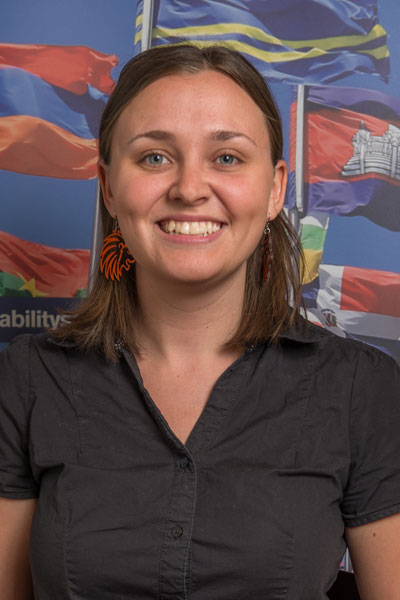
Engaging in Global Conservation Conversations
Next week I’m headed to South Africa to spend two weeks in Kruger National Park, the crown jewel of South African parks. With any luck, I will get to see plenty of elephants, rhinos, and giraffes; maybe I’ll even have the chance to cower in my vehicle as a curious lion comes over to check out the tourists. But as a sustainability student who hopes to work in the international conservation field one day, my primary interest during this trip is to develop an understanding of my potential role in the preservation of these animals and their environments.
Conservation efforts in Africa have historically been driven by Western interests and perspectives. Nineteenth century European explorers on the continent exalted the landscape as a wild paradise that should be protected, but did not see any irony in continuing to hunt African wildlife for sport and pleasure while outlawing “uncivilized” subsistence hunting by Africans. When sport hunting began to decline in favor of strictly protectionist parks that prohibited human use of any park resources, it was not uncommon for native Africans to be expelled from their land and homes, so that the “pristine” landscapes they had lived on for generations could be protected while they were forced to find new ways to make a living. And although native residents had developed an intimate understanding of the land and animals by being part of the ecosystem for so long, the value of their knowledge declined as Western science began to dominate conservation discussions. Efforts are increasingly being made to balance modern science with traditional ecological knowledge and strict protectionism with sustainable use of resources, but the fact remains that the very idea of setting aside protected areas reflects a Western conservation agenda that has historically excluded indigenous peoples. If conservation is to be successful in the future, it must do a better job of balancing the needs and rights of people against the needs of animals and the environment.
Knowing all of this, it would seem that as an American interested in contributing to international wildlife conservation efforts, I am only going to perpetuate this system of colonial-style behavior. So how can I contribute? To what extent should people like me, who live halfway around the world and know relatively little about Africa, have a say in what happens to African environments and wildlife? Perhaps my role should be to engage in collaborations with local residents, so that I can contribute Western scientific and methodologic knowledge while locals contribute contextual information about politics, social processes and the environment. Perhaps I should approach these topics from a more anthropological perspective, which would involve spending significant amounts of time in one particular place, developing in-depth knowledge of the area, and forming close relationships with local people. Or perhaps I should just do research in my own country and then attempt to extract these lessons to inform conservation efforts elsewhere. While I don’t know exactly how I should be contributing to the conservation conversation just yet, I do believe that the stewardship of our planet’s animals and ecosystems is a global responsibility. I hope that during my trip to South Africa, I can talk to local people about their perspectives on conservation, ask how they think foreigners should be involved, and synthesize my experiences to begin to understand my role in pursuing conservation research and management objectives around the globe.

